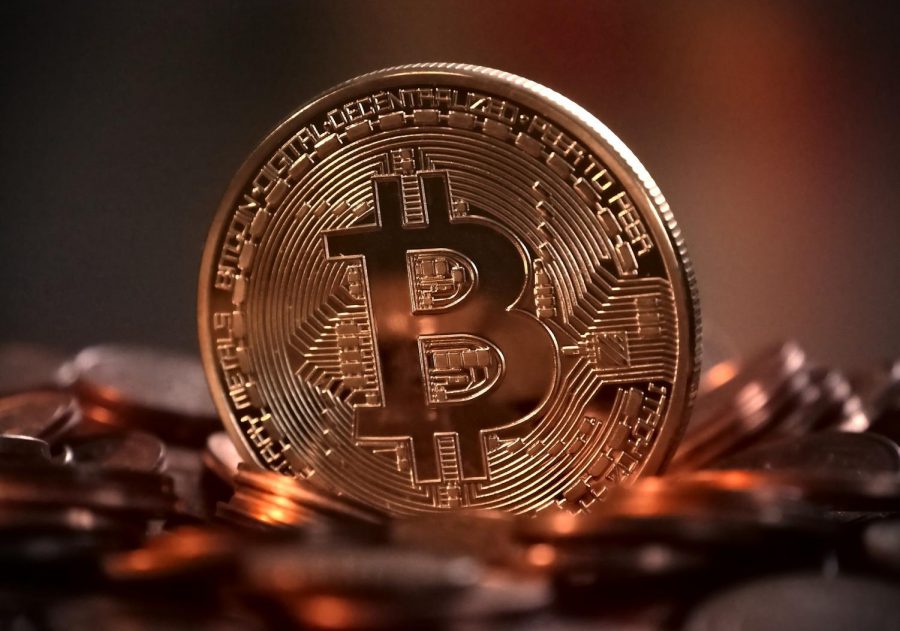In the ever-changing global currency exchange, no currency ever remains the same. Social, economic, and regulatory forces all take their own varying and impactful tolls on the different currencies. However, instead of the physical currency every generation so far has grown up with, a new type of money has been emerging. Known as the Bitcoin, this currency has been steadily growing in the past two years.
Bitcoin is a virtual, electronic currency created in 2009 by an anonymous maker under the name of Satoshi Nakamoto. The coin was created for the sole purpose of having person-to-person exchange without any central medium, such as a banking system or the government. This makes the Bitcoin highly sought after by many around the world, making the value of the Bitcoin increase. In addition to the increasing value, the Bitcoin has been heavily encrypted with an elliptical encryption, making it virtually unhackable and protected from banks and world governments that try to take control of the growing exchange of Bitcoins.
The value of Bitcoin is always changing. As of April 16, the value of one single Bitcoin is worth $1,223 U.S. dollars. That is only $50 less than the value of an ounce of gold. Things were not always this way for the Bitcoin. The 2009 launch of the Bitcoin started with it only being worth a few cents, but now it is worth over a thousand dollars. For those who got in early, their investment may now be worth millions. However, if one did not get in the market early, there is still a secondary option that lies in mining.
Professor Dan Conway, who has a masters in data science and business analytics, explained the process of mining Bitcoin. He said, “It is a systematic process. Every 10 minute average, the Bitcoin server releases an equation called a Hash function. That, when solved, releases keys to the ‘winner’. These keys can then be used to decrypt a code and translate that into a Bitcoin award. At this time, the reward from the ‘lottery’ is 12.5 Bitcoins, roughly 15 and a half thousand dollars.” During these intense time periods where the hash function is being solved, there are thousands of computers around the world computing billions of codes to solve the hash functions and continue the block chain of Bitcoin.
Although it may be a more complex system, Bitcoin may very well be the future of currency. Because it is not being controlled by governments or banks, Bitcoin has created a rare opportunity for the online currency market to grow and expand to new heights.















